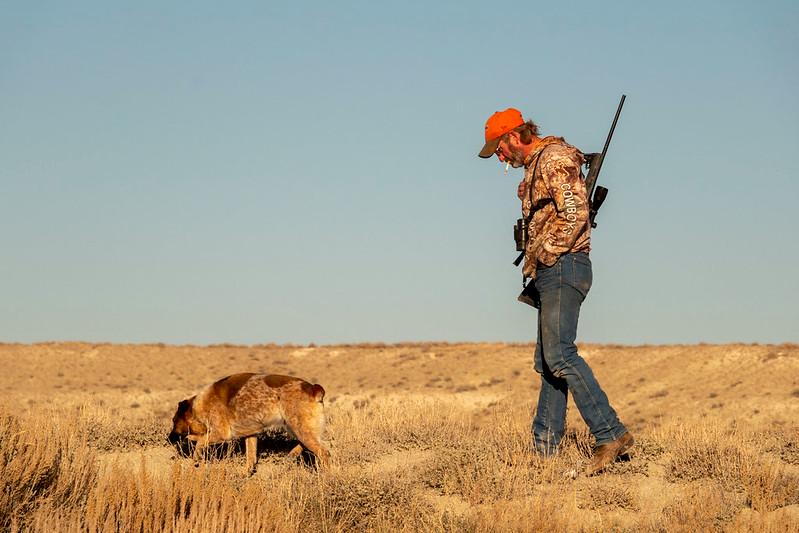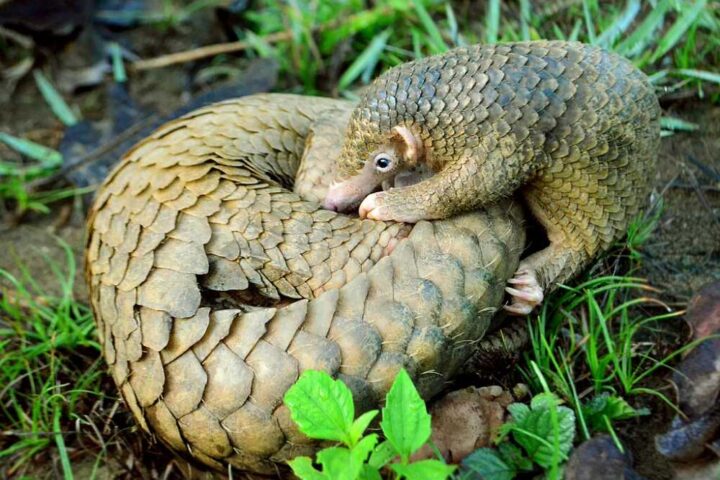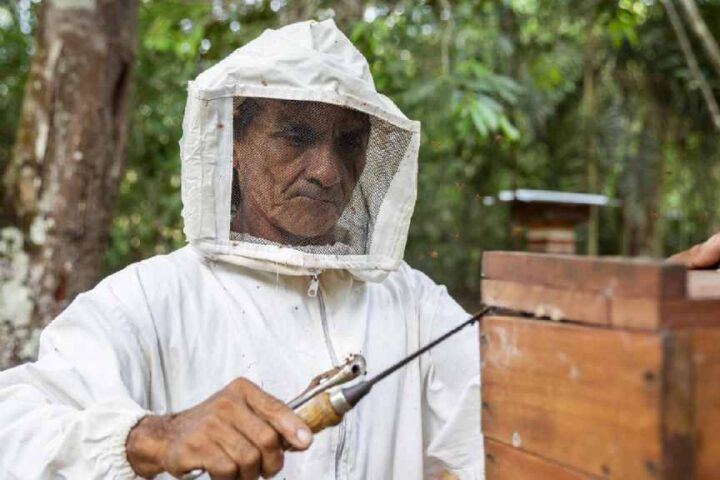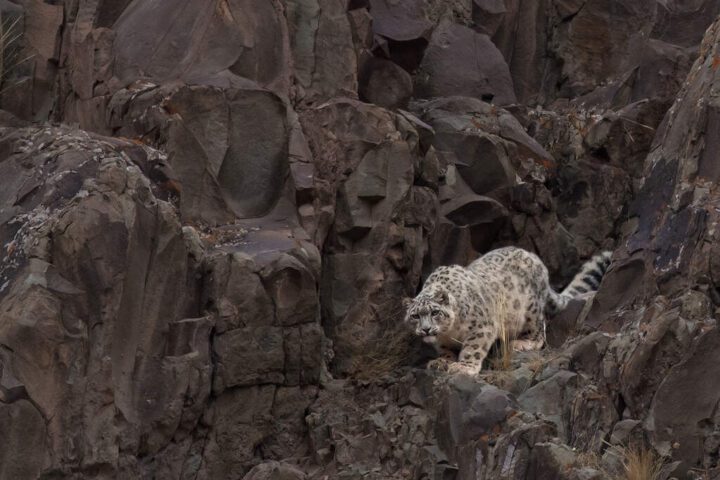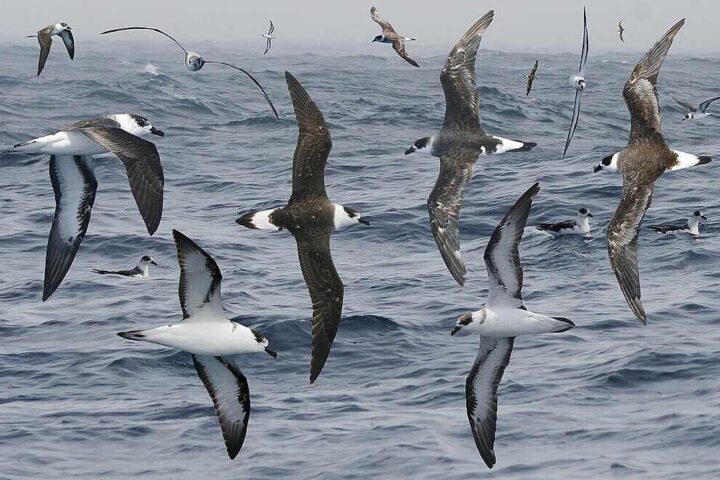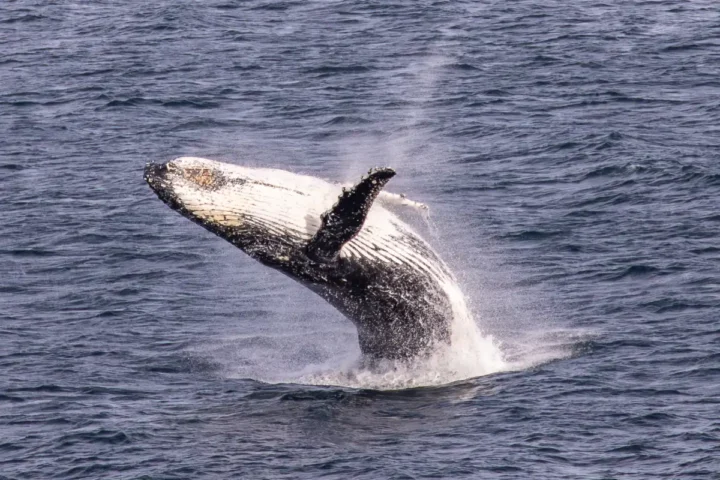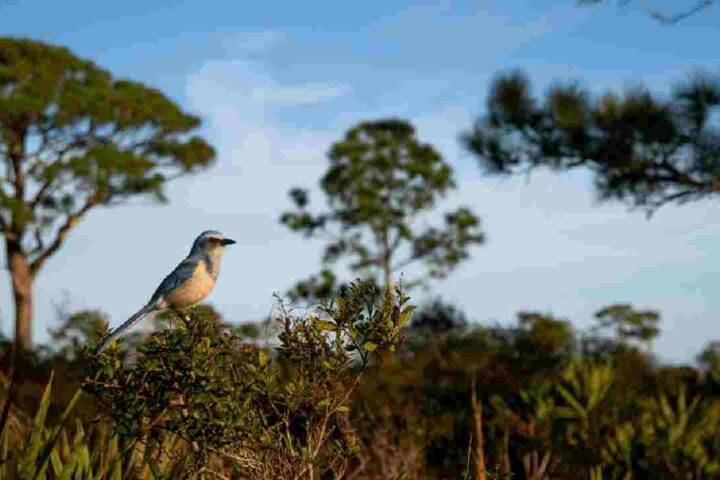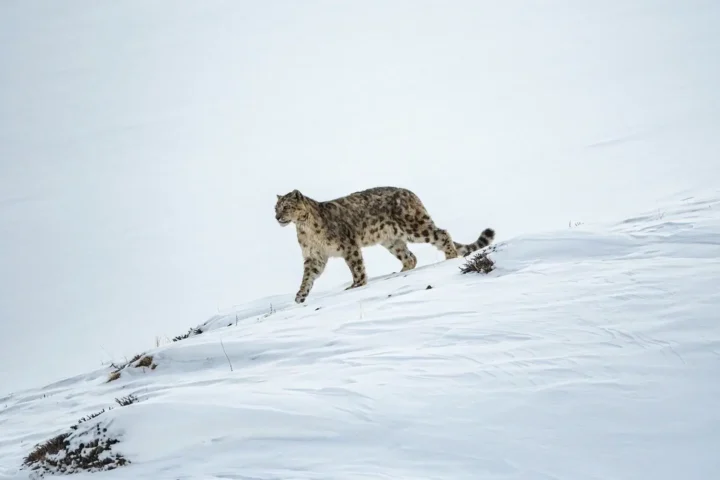The Arizona Game and Fish Commission voted unanimously on April 11, 2025, to keep hound hunting legal in the state. The decision rejected a petition from wildlife groups trying to ban the use of dog packs for hunting mountain lions and bears.
What Happened at the Meeting
Conservation groups and hunters packed the Commission meeting on April 11. For nearly three hours, both sides shared their views on using dogs to hunt large mammals.
The Center for Biological Diversity led the effort to ban hound hunting. The group claimed dogs have harassed at least five jaguars in Arizona. These endangered cats sometimes abandoned their territories after being chased by hunting dogs.
“This isn’t just about protecting individual animals,” said Russ McSpadden from the Center for Biological Diversity. “It’s about making Arizona viable for the recovery of these animals just as they’re getting a stronghold in our state.”
The Commission sided with hunters and Department staff. Jim Heffelfinger, wildlife science coordinator for Arizona Game and Fish, told the Commission that the petition lacked scientific evidence.
“The allegations that hunting with dogs disrupts ecosystem balance, represents a public safety hazard, represents a risk to protected wildlife, and violates Arizona laws are not supported by the information in the petitions or any known scientific literature,” Heffelfinger said.
Why This Matters for Wildlife
Arizona is home to some of the last jaguars and ocelots in the United States. These endangered cats live in southern Arizona’s mountains and canyons.
When hunters use dogs to track mountain lions or bears, these dogs sometimes find and chase endangered species instead. Though hunting endangered animals is illegal, the dogs can’t tell the difference between legal and protected species.
In 2013, Tom Beatty Jr.’s hunting dogs encountered an endangered ocelot in the Huachuca Mountains, with the same ocelot being caught on numerous occasions. Similar incidents have occurred with rare jaguars. Conservation groups argue this harassment threatens animals already struggling to survive.
How Hound Hunting Works
Hunters release trained dogs to find and follow the scent of mountain lions or bears. The dogs chase the animal until it climbs a tree to escape.
Modern hound hunting uses GPS collars on the dogs. Hunters track their dogs on smartphones or handheld devices, allowing them to monitor their movement remotely. Once the dogs tree an animal, hunters follow the GPS signal to find it.
Similar Posts
During certain hunting seasons, hunters may kill the animal. In “pursuit-only” seasons, they’re allowed to chase but not kill their targets.
What Hunters Say
Local hunters defended their tradition at the meeting. Many brought their children to speak about family hunting experiences.
Hunter Zach May emphasized his close bond with his hunting dogs. “My dogs sleep in my bed every night, and they love to get out,” May told commissioners. “They get better medical care than I provide for myself.”
Hunters made these key points:
- Dogs help manage mountain lion and bear populations
- GPS collars make hunts safer for the dogs
- Using dogs helps hunters identify animals before shooting, reducing accidental kills of female mountain lions
- Hound hunting represents an important cultural tradition
Political Background
The Commission’s decision came shortly after a related bill nearly passed in the Arizona Legislature. House Bill 2552 would have permanently protected dog hunting in state law.
Though the bill failed in March 2025, it showed strong political support for hound hunting. According to McSpadden, Commissioner James Goughnour had publicly supported this bill on February 10.
“The commissioner abdicated his responsibility to protect Arizona wildlife by supporting this bill,” McSpadden said after the vote. “It’s infuriating that the Commission is putting hunters over science, endangered species conservation and public trust.”
What Happens Next
Commissioner Jeff Buchanan thanked everyone for speaking up at the meeting.
“Continue to follow your heart, continue to get involved, and continue to speak up for what you think is right,” Buchanan told attendees.
Conservation groups promised to keep fighting for endangered species protection. The Center for Biological Diversity called the Commission “wildly out of touch” with Arizonans who value jaguars and ocelots.

For now, hunting with dogs remains legal in Arizona with proper licenses and during designated seasons. The debate highlights ongoing tensions between wildlife protection and hunting traditions in the American Southwest.
Frequently Asked Questions
Hound hunting involves using trained dog packs to track, chase, and tree animals like mountain lions and bears. The controversy centers on its impact on endangered species like jaguars and ocelots in Arizona. Conservation groups claim these endangered cats are harassed when hunting dogs mistake them for legal prey, while hunters view it as a valuable wildlife management tool and cultural tradition.
On April 11, 2025, the Arizona Game and Fish Commission unanimously rejected a petition to ban hound hunting in the state. After hearing nearly three hours of public comment from both sides, they sided with hunters and department staff who argued there wasn’t sufficient scientific evidence that dog packs harm endangered species or disrupt ecosystem balance.
According to conservation groups, hunting dogs have chased at least five jaguars in Arizona, sometimes causing them to abandon their territories. Since dogs can’t distinguish between legal prey and protected species, they may chase and tree endangered cats. One documented example occurred in 2013 when Tom Beatty Jr.’s hunting dogs encountered the same endangered ocelot multiple times in the Huachuca Mountains.
Modern hound hunting now relies heavily on GPS-collared dogs that allow hunters to track their movement remotely using smartphones or handheld devices. This technology has become a point of contention, with critics arguing it violates the principle of “fair chase” by giving hunters an unfair advantage. Hunters counter that GPS collars primarily improve safety for their dogs while maintaining traditional hunting methods.
Proponents argue that hound hunting is an effective wildlife management tool, particularly for controlling mountain lion and bear populations. They also emphasize its cultural significance as a cherished tradition passed down through generations. Wildlife officials stated that dogs help hunters get close enough to mountain lions to identify their sex before shooting, reducing accidental kills of female lions and supporting conservation goals.
For now, hunting with dogs remains legal in Arizona during designated seasons and with proper licenses. However, conservation groups have vowed to continue their fight for endangered species protection. The Center for Biological Diversity called the Commission “wildly out of touch” with Arizonans who value jaguars and ocelots, indicating the controversy is far from over. Meanwhile, a related bill (HB 2552) that would permanently protect dog hunting in state law failed in March 2025 but shows the ongoing political interest in this issue.
